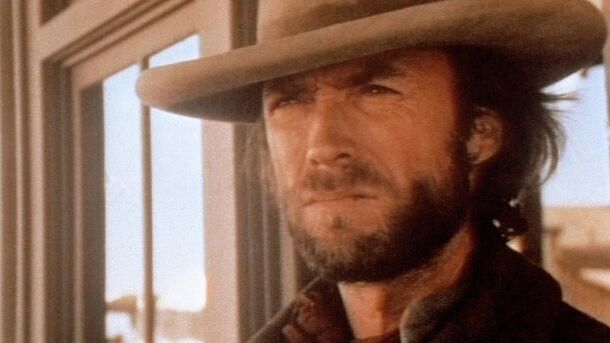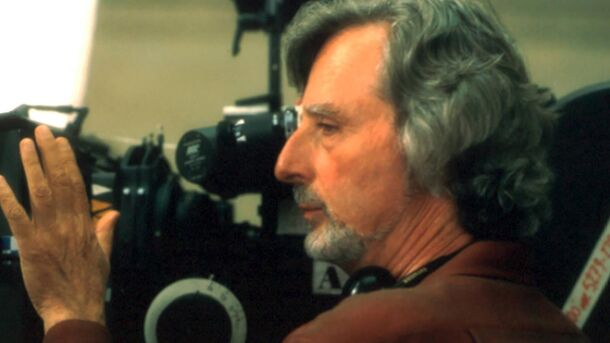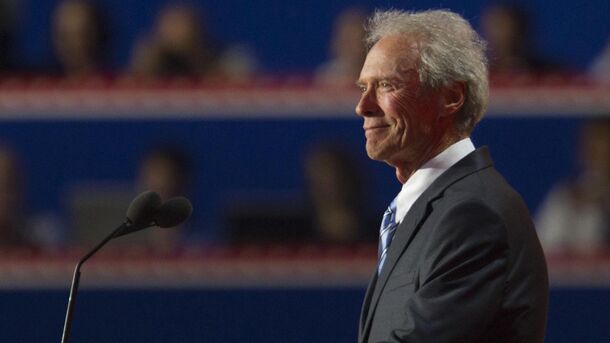48 Years Ago, Clint Eastwood Made Hollywood Change Rules by Firing a Cult Western Director

You can't just fire a director in the middle of production. Or can you?
In Golden Age Hollywood, it was common for a director to be fired in the middle of shooting. Moreover, only the one who finished the movie had a chance to be in the credits.
So Spartacus went down in history as a Stanley Kubrick movie, even though Anthony Mann started making it. And The Honeymoon Killers’ credits did not reflect Martin Scorsese's contribution at all – all the praise went to Leonard Kastle, who came after him.
For directors, especially debutants, such situations turned into career disasters: the half-finished movie was taken away from them, the footage was used without their participation, and after that it was not easy to find a new job – after all, the entire Hollywood knew about such dismissals, and no matter what the reason for the disagreement between the parties turned out to be, such stories did not bring positive reputation to the fired director.
The Outlaw Josey Wales’ Production Turned Into Hell for Its Director

The turning point was the shooting of the western The Outlaw Josey Wales, based on the book Gone to Texas by Forrest Carter. The relationship between director and screenwriter Philip Kaufman and main star Clint Eastwood did not work out from the beginning.
Kaufman tried to stay as close to the style of the original text as possible: according to his idea, the main character, a farmer who takes revenge on Northern soldiers for the murder of his family, spoke, as in the book, with a strong Southern accent and had a bad temper.
As for the political accents of the plot about the Civil War, Philip would have liked to push them into the background, but Eastwood opposed this: he invested his own money in the production and believed that he had the right to direct the process. As a result, the filming was accompanied by constant bickering.
Kaufman, in Eastwood's opinion, was working too slowly, paying undue attention to every little detail in the frame. This made Clint nervous: the delays were adding to the budget, but the director was avoiding recommendations to speed things up.
Eastwood put pressure on the director with his authority: as the founder of Malpaso, the company behind the project, as one of the investors, and as a director with several films under his belt, Eastwood was constantly involved in the creative process.
Clint Eastwood Was the Reason Philip Kaufman Was Suspended

After a few weeks of shooting, Clint, not wanting to obey Philip, finally snatched the reins from his hands: when Kaufman urgently needed an antique beer can for one of the scenes, he went looking for it. When the director returned, he could only accept what had happened: the scene was shot without his participation, and in the future Eastwood directed the process the way he wanted.
When the film crew soon moved to a new location in another state, Clint decided to completely abandon the director and persuaded producer Robert Daley to fire him.
The DGA Implemented “The Eastwood Rule”

However, the Directors Guild of America found such behavior by the Malpaso studio's management unacceptable. Hollywood's practice of firing unwanted directors mid-production negated any respect for their work, and Eastwood's case was simply the last straw.
To protect its wards, the Guild informed the studios of the new rule it had adopted, now known as “The Eastwood Rule”: from now on, producers were forbidden to change directors during filming and take credit for directing. Violators faced a hefty fine, which was imposed on the Malpaso studio, which paid Kaufman $60,000.
